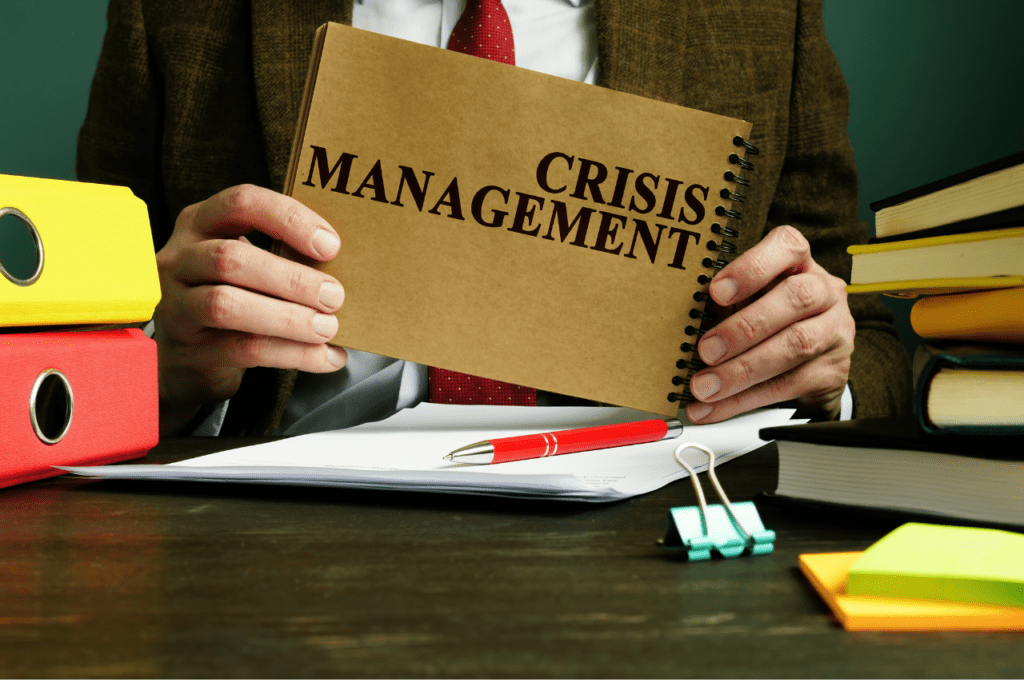In today’s fast-paced digital world, a crisis can strike at any moment, threatening the reputation and stability of your brand. Having a robust crisis communications strategy is essential to navigate such turbulent times. This is where Public Relations (PR) agencies come into play, providing invaluable support and expertise. Let’s explore how PR agencies can help protect your brand during a crisis.
Developing a Crisis Communications Plan
The cornerstone of effective crisis management is a well-thought-out crisis communications plan. PR agencies specialize in developing comprehensive plans that outline steps to take before, during, and after a crisis. These plans include:
- Risk Assessment: Identifying potential risks that could affect your brand.
- Crisis Response Team: Assembling a team of key personnel responsible for managing the crisis.
- Communication Protocols: Establishing clear communication channels and protocols to ensure timely and accurate information dissemination.
By preparing in advance, your brand can respond swiftly and effectively when a crisis arises, minimizing potential damage.
Crafting the Right Message
During a crisis, the message you convey is crucial. PR agencies excel at crafting clear, concise, and empathetic messages that resonate with your audience. They ensure that your communication is consistent across all platforms, including social media, press releases, and internal communications. Effective crisis communications involve:
- Transparency: Be honest about the situation and what steps are being taken to resolve it.
- Empathy: Show genuine concern for those affected by the crisis.
- Action Plans: Clearly outline the actions your brand is taking to address the issue.
By delivering the right message, PR agencies help maintain trust and credibility with your stakeholders.
Managing Media Relations
In a crisis, media relations play a pivotal role in shaping public perception. PR agencies have established relationships with journalists and media outlets, enabling them to manage media interactions effectively. They can:
- Develop a Media Relations Protocol: When a crisis strikes, there must be a media relations process in place that is shared throughout your team. It can provide direction on who to have answering your phones, what to share with media early on, and how to manage inquiries moving forward.
- Prepare Spokespersons: Train your spokespersons to handle tough questions and deliver key messages confidently.
- Control the Narrative: Ensure that accurate information is shared with the media to prevent misinformation.
- Coordinate Press Conferences: Organize and manage press conferences to provide updates and answer questions from the media.
Through strategic media management, PR agencies help control the narrative and mitigate negative publicity.
Monitoring and Analyzing Public Sentiment
Understanding public sentiment during a crisis is vital for effective crisis communications. PR agencies utilize advanced monitoring tools to track public opinion and media coverage in real-time. They analyze this data to:
- Identify Emerging Issues: Detect potential issues before they escalate.
- Adjust Strategies: Adapt your communication strategies based on public feedback and sentiment.
- Measure Impact: Evaluate the effectiveness of your crisis response efforts.
By staying attuned to public sentiment, PR agencies help your brand make informed decisions and adjust tactics as needed.
Choosing McKeeman Communications
When it comes to crisis communications, partnering with an experienced PR agency like McKeeman Communications can make all the difference. Don’t wait for a crisis to strike. Visit us at McKeeman Communications today to fortify your brand’s crisis communications strategy and protect your reputation!
